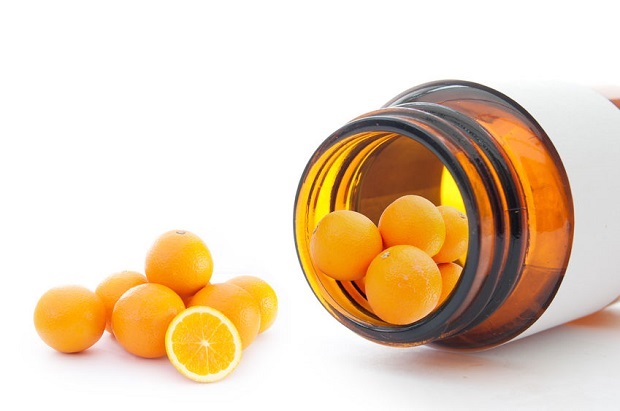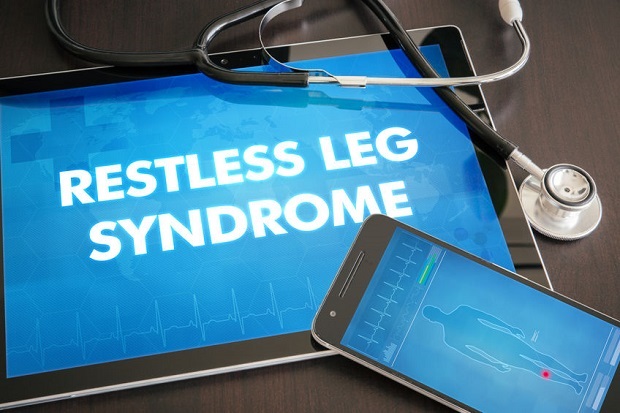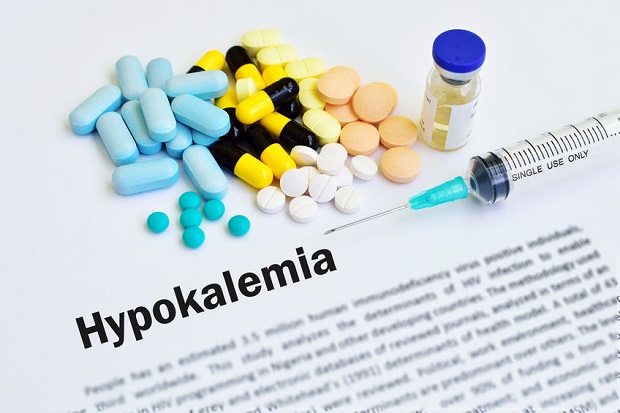
Can a Potassium Deficiency Cause Warts?
A potassium deficiency cannot cause warts. Though a potassium deficiency is not directly responsible for causing warts, it can be a contributing factor to outbreaks. Maintaining good health and hygiene practices is important for fighting off viruses such as the one that causes warts, and getting the right amount of potassium in your diet will help you toward that goal.
Jump Ahead
- What Causes Warts?
- How Do You Get Warts?
- Mineral Deficiencies and the Immune System
- Potassium’s Role in the Body
- What Is a Potassium Deficiency?
- Glossary of Terms
- Resources
What Causes Warts?
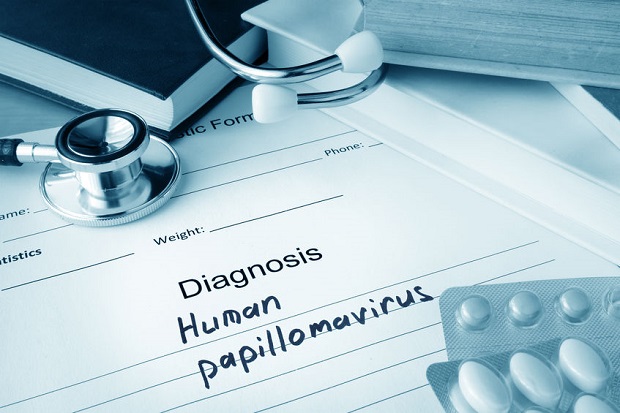
Warts are caused by the human papillomavirus (HPV). There are more than 150-recorded strains of this virus, seventy-five percent of which cause common warts. HPV attacks the epithelial cells, the outside layer of cells that cover all areas of the skin and mucous membranes. It can take up to six months for the visible signs of the virus to appear on the skin. [1]
How Do You Get Warts?
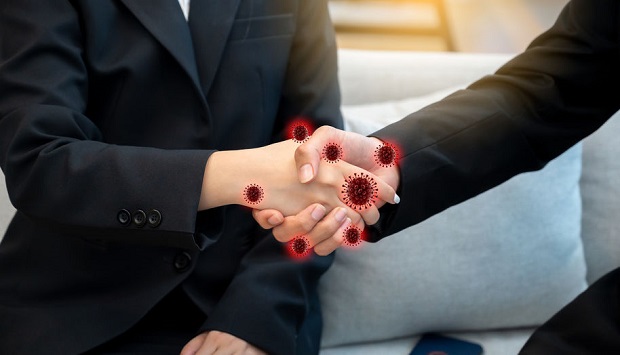
Like any virus, you can contract HPV by coming into contact with it. People with skin breaks, such as cuts or hangnails, are more likely to contract the virus. You can catch it from person-to-person contact, such as shaking hands with someone who has it. It can also live on surfaces, so you can catch it from a towel or a shower floor. To prevent catching the virus, wash your hands regularly, don’t bite your nails, and always wear rubber shoes in public showers. [2]
Mineral Deficiencies and the Immune System
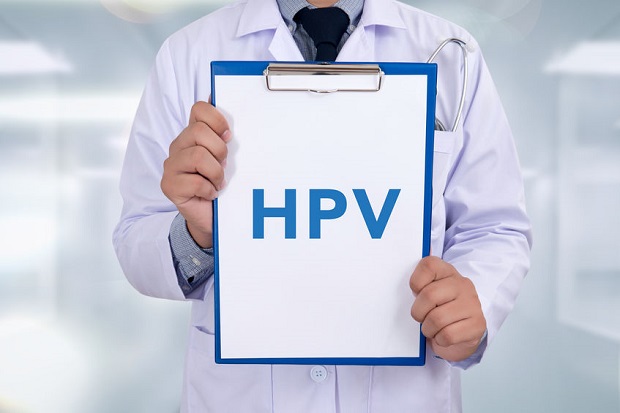
A healthy immune system is important for fighting off viruses such as HPV, which includes getting the right amount of vitamins and nutrients every day. Though very few studies directly tie diet and mineral deficiencies to immune system function, emerging research indicates that some deficiencies may impact the immune system more than others. Emerging studies have provided some evidence that vitamins A, B6, C, E, copper, folic acid, iron, selenium, and zinc alter immune responses in animals. [3]
Potassium’s Role in the Body
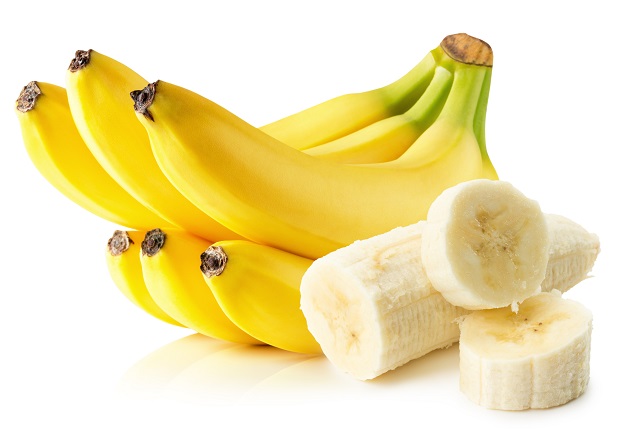
Maintaining good health and hygiene practices is important for fighting off viruses such as HPV, and getting the right amount of potassium in your diet will help you toward that goal. Potassium is important to the healthy functioning of cells, nerves, and muscles. Adult males 19 and older can readily get the recommended 3,400 milligrams per day (adult females 2,600 mg) through a healthy diet that includes potassium-rich foods such as bananas, oranges, tomatoes, potatoes, flounder, salmon, and chicken. [4]
What Is a Potassium Deficiency?

Though warts are not a common symptom of a potassium deficiency, a severe deficiency has recognized symptoms. Hypokalemia is a severe potassium deficiency that can cause dysrhythmias, rhabdomyolysis, muscle weakness or spasms, constipation, fatigue, and paralysis. [5]
Glossary of Terms

- Dysrhythmias-Abnormal heart rhythms
- Rhabdomyolysis-Breakdown of muscle fibers
Resources
- [1] American Cancer Society – “What Is HPV?“
- [2] WebMD – “What Causes Common Skin Warts?“
- [3] Harvard Health Publications-Harvard Medical School – “How to Boost Your Immune System.“
- [4] National Institute of Health – Office of Dietary Supplements – “Potassium – Fact Sheet for Consumers.”
- [5] US National Library of Medicine – “Hypokalemia.“
- Additional Reading – National Library of Medicine-National Institutes of Health – “Potassium in Diet.”
DISCLAIMER: THIS WEBSITE DOES NOT PROVIDE MEDICAL ADVICE
The information, including but not limited to text, graphics, images, and other material on this website, is for informational purposes only. No material on this site is intended to be a substitute for professional medical advice, diagnosis, or treatment. Always seek the advice of your physician or other qualified healthcare providers with any questions you may have regarding a medical condition or treatment before undertaking a new healthcare regimen, and never disregard professional medical advice or delay in seeking it because of something you have read on this or any other website.



